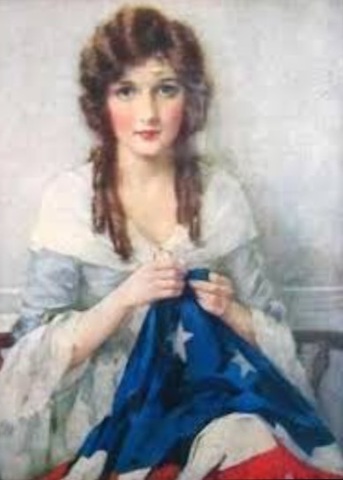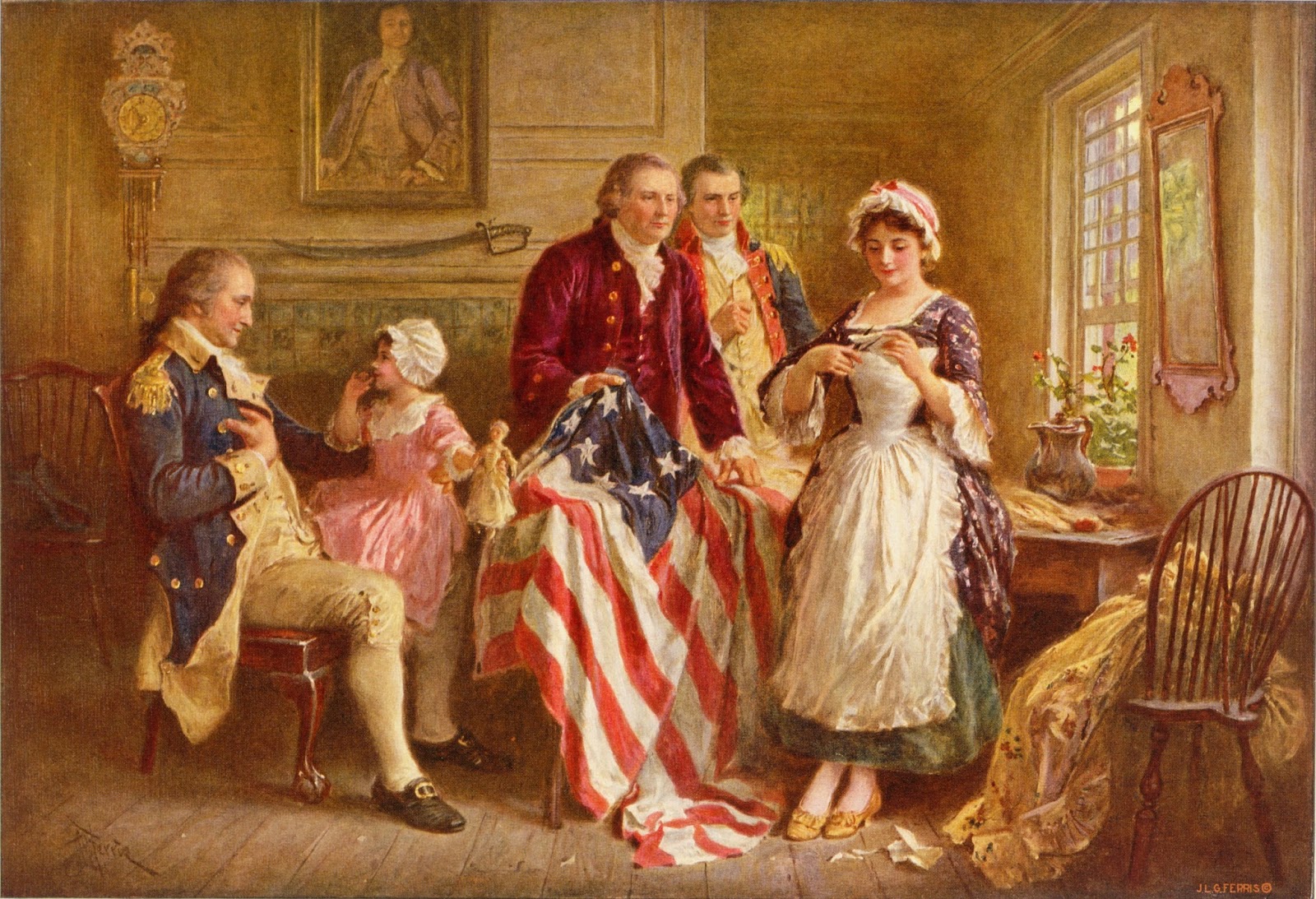
From his book: Leap for the Sun Heroes: American History by Mark David Ledbetter (2017). The story you may not have heard before.
The story of the Battle of Trenton exists in the national psyche something like this. General Howe had cut off pursuit to let his army go quietly into winter quarters on the Jersey side of the Delaware River. Washington’s bedraggled troops sat safely but miserably on the Pennsylvania side. After a string of defeats, and with most enlistments set to expire, the already greatly reduced Continental Army was about to evaporate into nothing but a few frustrated officers. Washington, who seemed to always perform best when things were at their most hopeless, inspired his troops to a dangerous night-before-Christmas crossing of the storm-driven and ice-clogged Delaware. They then marched through the storm, leaving behind a trail of blood in the snow from the feet of shoeless soldiers to surprise Hessian troops, asleep, complacent, and hung over from Christmas celebrations.
The story is all true (except the bit about the Hessians being hung over and complacent – they weren’t) but it is incomplete.
Washington’s army was vital as a symbol of the revolution, the only national institution besides Congress. But it was not the only American fighting force threatening General Howe. Howe certainly wished to close out the fighting season in quiet winter quarters, and in fact he retired to the party circuit in New York. But his plan first required the pacification of the New Jersey countryside.
Howe was to discover, or rather have reconfirmed, the reality that this was not a European war. If he only had the opposing army to worry about, or if he only had to take the enemy’s capital city, his task would have been fairly easy. But while he had to keep his eyes on Washington, he was also surrounded by a hostile and armed countryside, and three or four semi-independent, semi-guerilla armies whose combined numbers roughly equaled Washington’s and would soon greatly exceed them.
Howe had posted a “cordon,” a string of outposts about six miles apart throughout New Jersey to reestablish British authority. Six miles was close enough for communication and mutual support, far enough to give each outpost adequate foraging territory. This left his army stretched beyond the limits of practical defense, as the worried commanders at each post well knew. Howe knew it, too, but the need to subdue not just the opposing army but the people left him little choice.
Through December, guerrillas ambushed and attacked any group outside the posts and sometimes the posts themselves, melting back into the Jersey countryside they knew so well when confronted with a superior force. British/Hessian foraging was made virtually impossible, and frontline troops were exhausted with the daily – and nightly – fatigue and stress of battle, marching, and lack of sleep. Couriers from frontline posts could communicate with the command at Princeton only with a guard of a hundred troops, a number that could rarely be spared.
Colonel Rall’s three Hessian regiments had a reputation as fighters, so they had been posted at vulnerable Trenton. In case of all out attack on Trenton, Hessian Colonel Carl von Donop, six miles south in Bordentown, was within marching distance. Washington, who had spies reporting daily, knew all of this and used the knowledge to the fullest in planning his attack.
On December 23rd, Donop had ridden with the main body of his troops a further twelve miles south to Mount Holly for a quick strike against a large band of rebels gathering there (at Washington’s orders?) under Colonel Samuel Griffin. But it was Donop who would be stricken – by a sudden infatuation. The “exceedingly beautiful” young widow of a doctor, the only woman in town who, oddly, had not escaped into the countryside in front of the advancing and literally rapacious Hessians, was staying at the house that would be the obvious choice of headquarters for the Hessian chief.
Donop chose to indulge his unexpected good fortune and remain with the willing lady a few extra days, thus finding himself too far from Trenton to support Rall during the Christmas Day attack. Hessian Captain Ewald later wrote of the importance of the tryst.

This great misfortune, which surely caused the utter loss of the thirteen splendid provinces of the Crown of England, was due partly to the extension of the cordon, partly to the fault of Col. Donop, who was led by the nose to Mount Holly by Col. Griffin, and detained there by love… Thus the fate of entire Kingdoms often depends upon a few blockheads and irresolute men.
“On the American side, though, records were well kept, and there is no record of a deceased doctor’s young widow, beautiful or otherwise, in the area. There is, however, circumstantial evidence that a very pretty young lapsed Quaker – a passionate patriot, an intimate of George Washington, and widow of John Ross (whose probable cousin was a doctor) – may well have been the mystery lady come down from Philadelphia, posing as a doctor’s widow to help save the revolution. Betsy Ross may deserve credit for more than merely stitching flags together.
